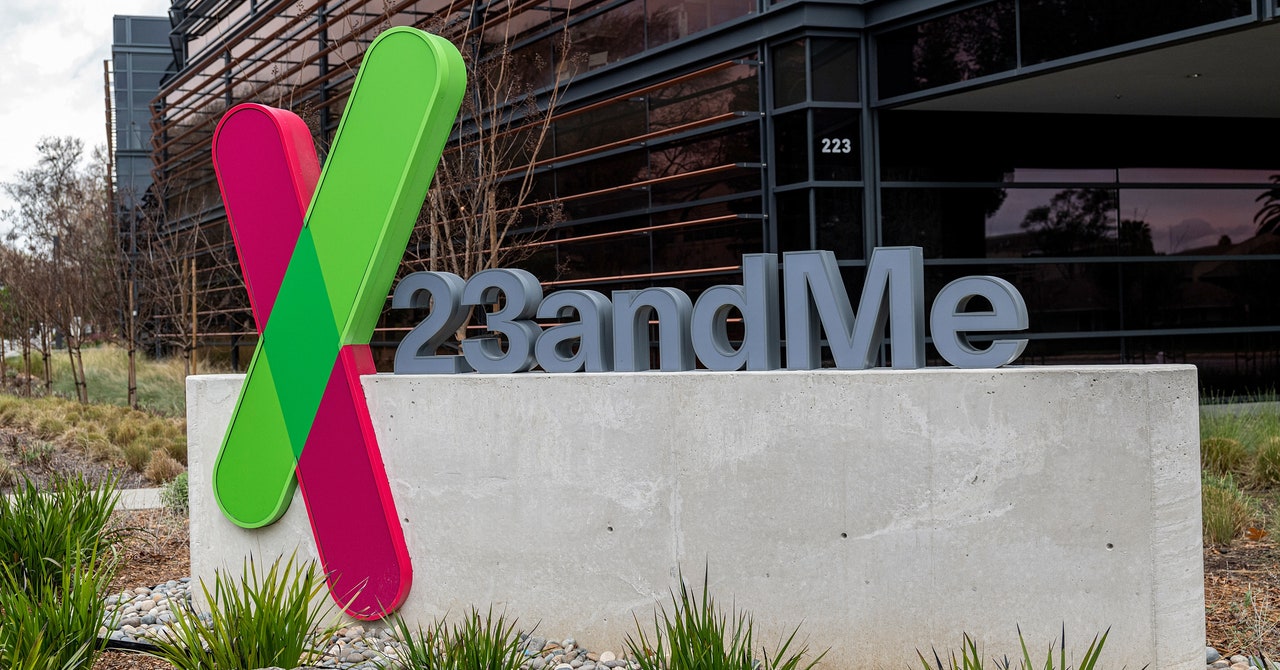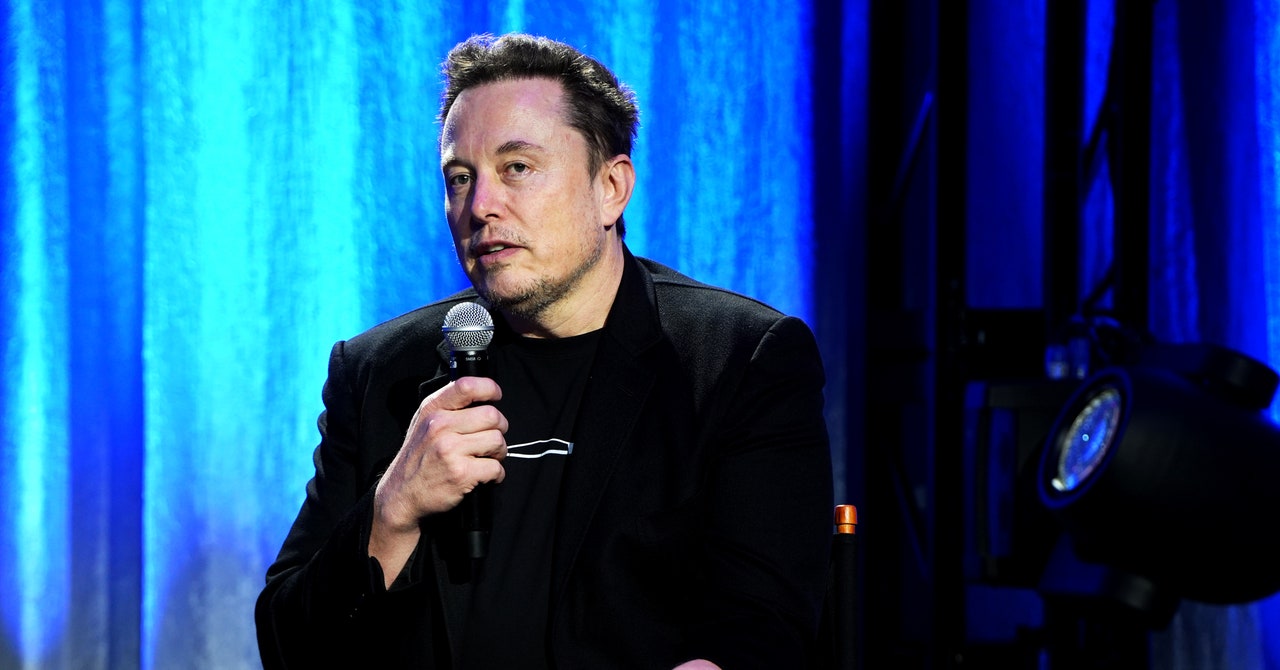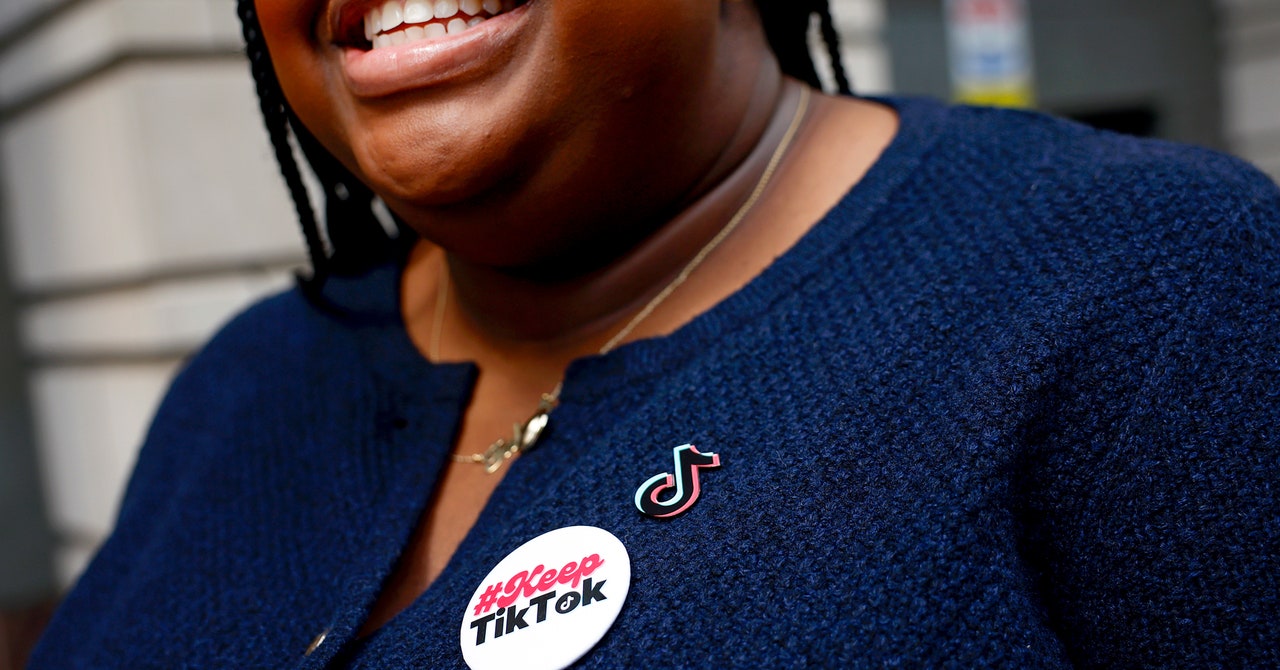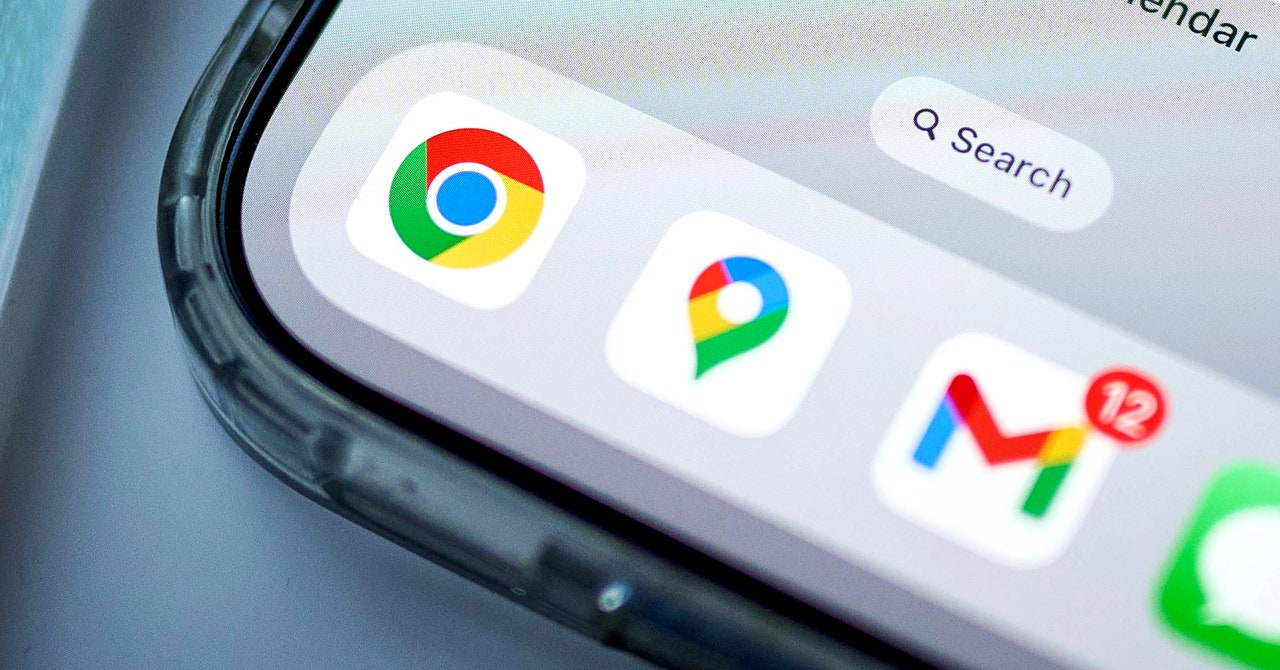23andMe tried to keep customers coming back with a premium service that provides more genetic reports, personalized health recommendations and historical relative matches for $268 the first year and $69 per year after that. The company launched another membership service in 2023, Total Health, which includes more comprehensive genetic testing, regular blood screening and access to a clinical care team. It costs $999 for the first year and renews at $499 per year.
But these memberships have yet to turn the company into a profit. It makes sense that many customers can afford $119 for a stand-alone origin test or $199 for an initial test — which is often discounted around the holidays — but are unwilling to pay more for a subscription service.
Kteily says that by the time the company launched these services, it was too late. Customers had already left the platform. “I think they hit on something viral, which was the concept of where you come from. People found this so fascinating. But once you learn that information, you’re not going to come back five years later and pay for a subscription,” he says.
Sumit Nagpal, a serial health-tech entrepreneur and self-described early adopter of 23andMe, says he was among the company’s subscribers but eventually stopped logging into the online platform. He says the reports don’t provide much “actionable” health advice. “There was never any life-changing value,” he says.
Nagpal’s latest company, Cherish, which he founded in 2020, develops radar-based sensor platforms equipped with AI for health and safety monitoring. He thinks 23andMe could have had more offerings earlier — for example, personalized coaching about diet, exercise and other lifestyle factors on an ongoing basis to keep customers engaged.
In many ways, the 23andMe conundrum is similar to the Instant Pot problem. His initial product was so successful that people never had to go back to buy another one.
23andMe has sought to diversify its revenue streams, striking deals to allow drug companies to mine its vast genetic database for drug leads. It partnered with Genentech in 2015. and when that ended, struck an exclusive deal with GlaxoSmithKline in 2018. The drug company invested $300 million in 23andMe, but that deal expires in 2023, with no major partners to take Glaxo’s place. And while 23andMe recently shuttered its drug discovery division, it continues to develop the drug candidates it already has in clinical trials.




